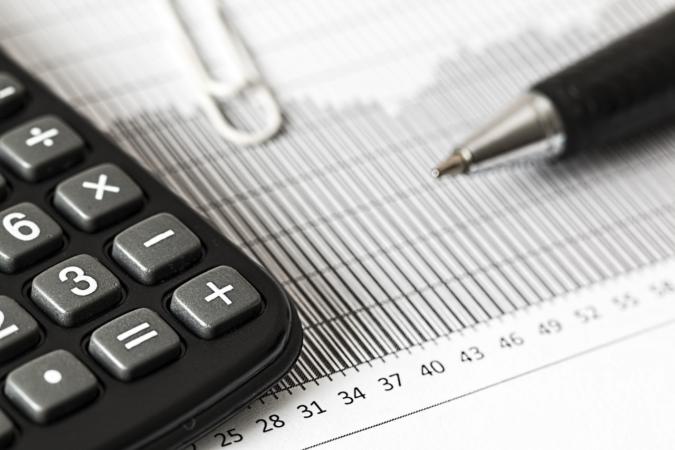Don’t let tax time sneak up on you. Planning now can save you from making errors that could keep you from receiving the full refund to which you’re entitled. Or you might accidentally pay less than you owe and have to pay a penalty and interest on the unpaid balance.
Whether you’ll need to complete an individual or a business tax return, here’s what you can do now to get a jump-start on your 2021 tax return:
Filing an Individual Return
Start by pulling together receipts for any items you plan to list as itemized deductions and gather your dependents’ information, such as their childcare expenses, as well as any child support payments you may have received. Put all these documents in a single secure place, so you have them when you get ready to file. You’ll also want to determine which tax preparation method you’ll use. If you need a third-party preparer, shop around now.
At the start of the year, gather all the documents you’ll receive from third-parties, such as:
- Income statements, such as on W2s or 1099s, or retirement income statements
- Retirement and healthcare savings account contribution statements
- Mortgage interest statements, such as on 1098s
- Stock sale and dividend income statements
Add these to your other documents as you receive them, so you’ll be ready to file an accurate return with relative ease.
Filing a Business Return
If you’re preparing a business tax return, you’ll need to start by determining which forms you’ll need to complete. If you’re a new solopreneur, you may want to enlist some outside help to assist you in figuring this out. If you employ a bookkeeper or accountant, schedule a meeting with them to determine which forms you’ll need to file. You’ll also know when you’ll need to file, as businesses generally are expected to make quarterly payments based on estimates of their year-end income.
You’ll want to pull together some standard forms like your balance sheet, bank statements, income statements, and receipts. If your records in your accounting software are not up-to-date, make sure they are asap. Also, make sure your mileage log is up-to-date as mileage is deductible.
Don’t wait until the IRS deadline to figure everything out. By gathering the right documents, making sure your records are up-to-date now, and planning to file early, you can minimize the stress of tax time.


